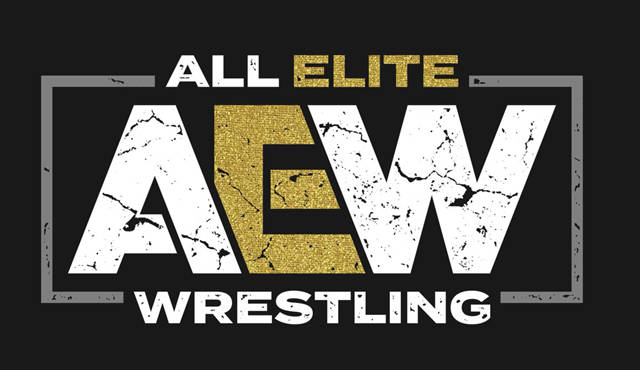wrestling / News
Mikey Rukus On Being Compared To Other Wrestling Theme Producers, Staying Comfortable With What He Does
 Image Credit: AEW
Image Credit: AEW
In an interview with Fightful, AEW music producer Mikey Rukus spoke about being compared to other wrestling theme producers and how he stays focused on what he does. Here are highlights:
On being compared to other composers: “I still get it from time to time, almost daily. But I’ve learned to become comfortable in my own space. In the very beginning, we debuted at Double Or Nothing. I had worked so hard to get everything ready to that point. Even day of Double Or Nothing, people may not know this, but I got a call from Matt Jackson the day of Double or Nothing, I had done the Dark Order’s Theme even though it didn’t get used until the next Fight for the Fallen. I had to make it the day of. So I was ramped up, this was my first big thing. I was learning things on the fly even though I had been working up to that point and I got crucified. I got crucified by the fan base. So of course, I’m terrified waking up the next day thinking, ‘I’m gonna lose my job.’ I had spent twenty-plus years in retail. I walked away from all of that to join AEW,” he continued. “I’d spent 10-12 years building up music to that point. I thought that maybe I just walked away from a sure thing and now I’m going to lose this and then not be able to go back to this thing because the void has already been filled. Everybody on the team said, ‘Don’t worry about anything. You did great. Just keep building on it.’ So I made it a point to myself every single day, to try to learn something new. Try to do this, try to do that. It just built to that point and I eventually, and I think it was when Sting’s theme debuted when things clicked. It clicked and we moved away from that.”
On having approval from his peers: “Again, I still hear it every now and then, but I remember specifically having a conversation with Cody, and we’re texting back and forth. He’s like, ‘You’re the guy for the job. We chose you. Don’t worry about anybody else. There’s always going to be somebody that’s gonna try to put you in a box. There’s always going to be somebody that’s gonna pigeonhole you, compare you to somebody else. It happens.’ He’s like, ‘As things get bigger, they couldn’t possibly get worse. But it could possibly get better. Just know that we chose you for a reason and we believe in you.’ After that I let it go. I came to the realization that I’ll never be Jim Johnston, I’ll never be CFO, I’ll never be Dale Oliver. I’ll just be me. It’s very liberating to be able to go in and create and not feel like you’re standing in somebody’s shadow or have somebody standing over you or have a monkey on your back. I think it’s made a huge difference in my own personal workflow. We all have stress, but something like that is one less thing that I have to worry about.”
On meeting other producers: “I’ve reached out to Jim [Johnston] before I got to AEW. I never got a response back,” he said. “I reached out to CFO before I got to AEW, never got a response back. CFO’s management actually reached out to me last year and we had a small conversation, but it didn’t really come to anything. I would love to meet Dale [Oliver]. I’d love to meet Jimmy Hart. There’s such a small group when you think of wrestling over the last forty years and you think of all the talent that’s come and gone and the different generations. Hundreds of thousands of performers over all of that time in the major promotions and indy promotions. There’s only a handful of musicians that have actually had to do this for TV. So it’s a completely different beast in a’; itself. It can be lonely at times, a little bit isolating. But I made it a point to be interactive and be in connection with not only the fans but the talent. It feels good to have the team rally around you and we all rise together.”







